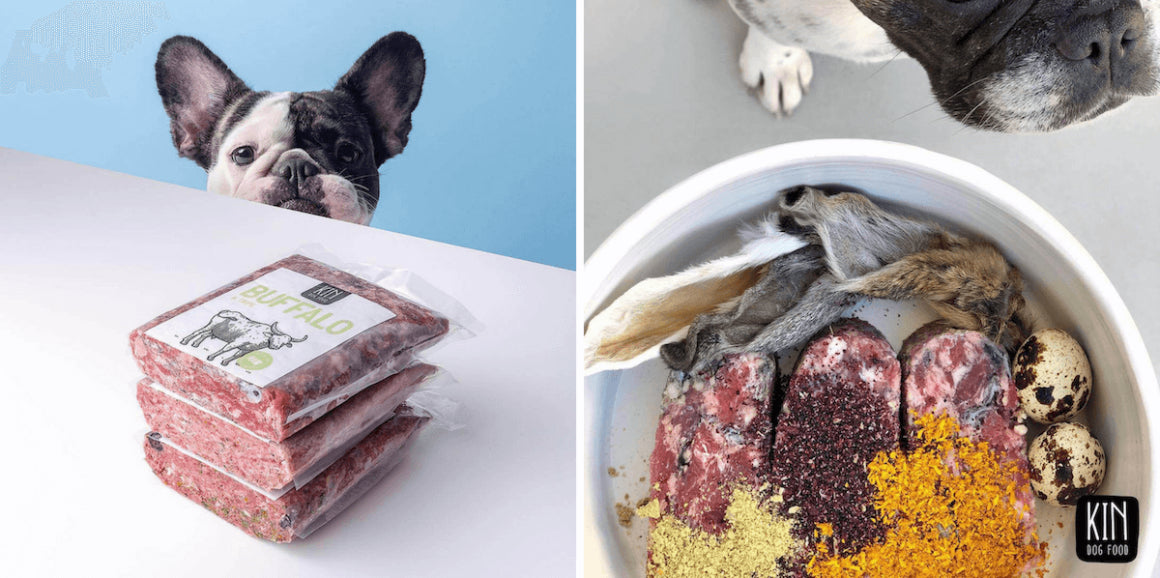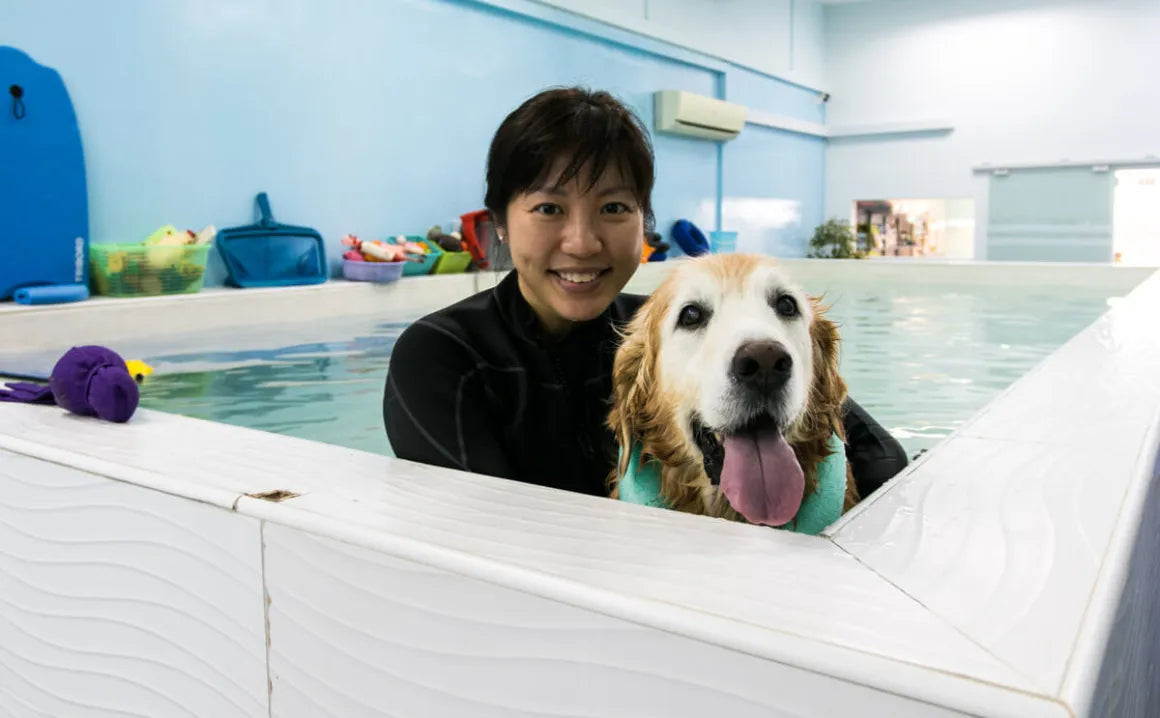When I got Latte, I called up a few vet clinics and asked them when a dog should be sterilised. I also googled for the answer. Both sources at that time told me that:
-
I should sterilise Latte to reduce or eliminate the risks of reproductive cancers and pyometra, and
-
it's best to do so before or after her first heat to reduce her risk of getting breast cancer in future
I took that advice and brought her for sterilisation before her first heat at about seven months old.
When Latte started having skin problems, my search for solutions got me to question whether my decision to sterilise her so early was right. One thing's for sure, if I have another dog, sterilisation will not be the default option.
Most dog owners I know take sterilisation for their dogs as a rite of passage but I think it's important to know the health risks involved when choosing to do so (early or later) or not.
So, is sterilisation good or bad?
I have asked two vets with differing views on when dogs should be sterilised. There's no clear right or wrong - it's up to dog owners to seek a professional opinion and weigh the pros and cons to make the best decision for their dogs.
Why some vets recommend sterilising dogs early
Dr. Brian Loon, Principal Veterinary Surgeon from Amber Veterinary Practice told us that sterilisation of male and female dogs can generally be done from six months of age.
Research has shown benefits in sterilising female dogs before their first or second heat, as it statistically reduces their risk of developing breast cancer later in life.
Risk of breast cancer
He shared that research has shown benefits in sterilising female dogs before their first or second heat, as it statistically reduces their risk of developing breast cancer later in life. Most female dogs come into heat between six to eight months old.
For a dog that is already in heat, Dr. Loon said that vets generally recommend waiting until at least two months after the heat ends to perform the procedure. That is to reduce the risks of intra-operative bleeding.
Why some vets have second thoughts on sterilising dogs
Dr. Lee Yee Lin, Veterinary Surgeon from Gentle Oak Veterinary Clinic has a different opinion. She is against sterilising dogs as early as when they are four months old and is generally not for it with some exceptions.
Growth and aging issues
She shared with us that removing dogs' testosterone-producing testicles or estrogen-producing ovaries too young stops their bodies from being able to fully grow into adults. It also immediately puts them at a menopausal stage. There will be aging-related changes in the body, bones, skin, and coat.
Dr. Lee's own dogs were not sterilised until they were older (when she felt problems were more likely to arise). She noticed that they started to put on weight, their coat grew white faster, and their overall immunity dropped.
Aging is part and parcel of life but sterilisation accelerates it. You can see the difference between a 12-year-old neutered dog and a not neutered one.
Creating more problems to prevent two?
How about the risk of reproductive cancers and pyometra? Dr. Lee asserted that the risk of cancer isn't a good enough reason for sterilising our dogs. That's because cancer is a multifactorial disease and sterilisation comes with its own set of issues.
She shared that estrogen and testosterone are not just for reproductive purposes but also part of our endocrine system. With endocrine imbalance, sterilised dogs have higher risks of obesity, immunity issues, urinary tract conditions, low thyroid levels, poor skin health, etc..
For large breeds, they are at a higher risk of hip dysplasia if they are sterilised too early. Their skeletal structure does not get to develop fully and may not be able to support their weight, especially when they get fat due to a slower metabolism. Certain breeds are also predisposed to lymphoma when sterilised too early.
As for pyometra, Dr. Lee acknowledges that that's a real issue that can be fatal. Hence, she emphasised that it is important to communicate with a trusted vet and know the symptoms to look out for. Other reasons for her to sterilise dogs are false pregnancies and other heat-related issues.
Ovary-sparing spaying for female dogs
To prevent accidental pregnancy and pyometra, Dr. Lee suggests ovary-sparing spaying where the vet only takes out the uterus. With the ovaries intact, they can still produce estrogen. However, the dog will still go through heat cycles and ovulate and will still be very attractive and attracted to male dogs when in standing heat.
Keyhole surgery for sterilisation
For dog owners who have decided to sterilise their dogs, Dr. Loon says that they can opt for Laparoscopy (keyhole surgery) - a minimally invasive surgery option for sterilising female dogs (only ovaries removed) and male dogs with undescended abdominal testicles. Its benefits include minimal post-operative pain, smaller wounds, and better post-surgery recovery with lower risks of major wound complications.
Also read: 5 Things You Need to Know About Veterinary Keyhole Surgery
It's important to note that every dog is different. Speak to a trusted vet who can help you weigh both sides before making a decision.
About Dr. Brian Loon
Dr. Brian Loon graduated from Murdoch University, Western Australia in 2007 and has since been practising as a small animal veterinarian in Singapore. His areas of special interest include diagnostic ultrasonography, endoscopy, and minimally invasive keyhole surgery.
He is also certified in Veterinary Acupuncture with the International Veterinary Acupuncture Society (IVAS) and a certified and registered member of PennHIP, an internationally known modality for diagnosing hip dysplasia in cats and dogs.
You can find him at Amber Veterinary Practice.
About Dr. Lee Yee Lin
Fulfilling a childhood vision towards animal welfare and conservation, Dr. Lee Yee Lin has dedicated the past 12 years towards veterinary medicine, holding a license to practice in Singapore and Australia.
With special interests in internal medicine and soft tissue surgery, she also focuses on using a holistic and integrative approach in patient care, seamlessly combining allopathic medicine with complementary healthcare modalities, such as Bowen Therapy, therapeutic grade essential oils, Traditional Chinese Medicine, herbal remedies, and BodyTalk.
You can find her at Gentle Oak Veterinary Clinic.



